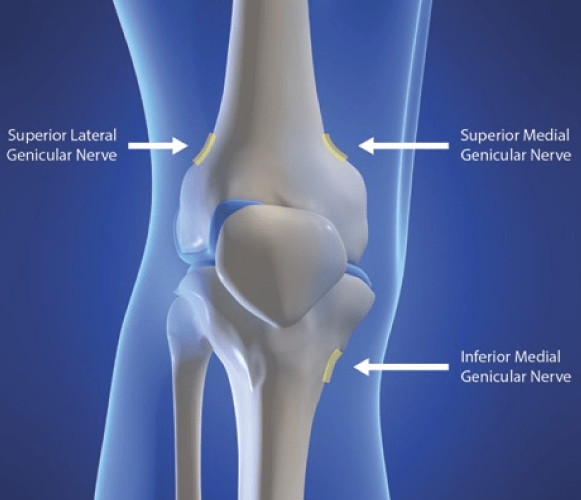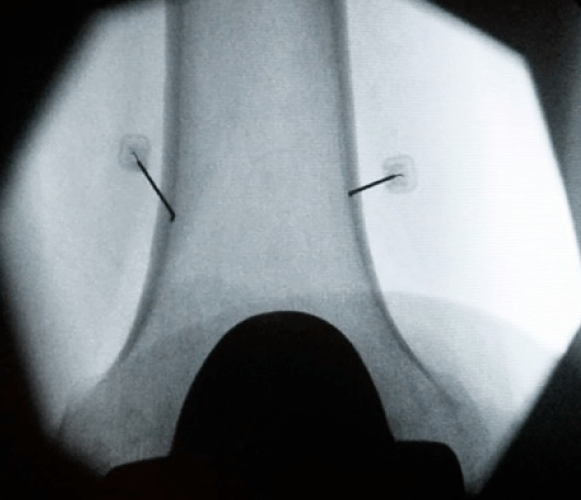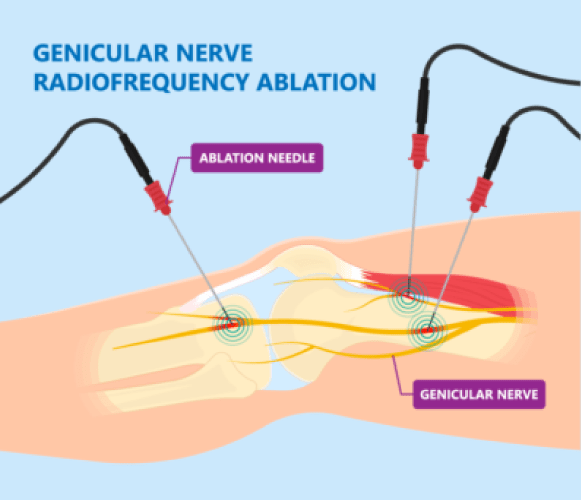Why your knees hurt.
When I was in medical school, the knee was probably the most uninteresting thing that I studied. Maybe second most uninteresting after having to memorize the Kreb’s cycle or studying antifungals.
However, in treating chronic pain and injuries over the years, I find it to be one of the most astonishing parts of the body. The knee is a mechanical unit that endures an immense amount of workload throughout your lifetime, supporting your entire body’s weight from the moment you stand up out of bed until you lay back down at night. Each and everyday. In addition to support, your knees are critical for mobility and range of motion, enabling all sorts of physical activities, but also just basic walking!
This critical role of the knees also leaves this joint vulnerable to injury and degeneration. Knee pain can affect people of all ages due to injury, overuse, or a medical condition. The most common causes of knee pain include:
- Osteoarthritis, rheumatoid arthritis, post-traumatic arthritis
- Ligament injury
- Meniscal tears
- Tendinitis
- Bursitis
- Bony injuries such as fractures and contusions
The Usual Suspects
A cortisone injection is a commonly performed maneuver to bring inflammation down due to injury rapidly, however, sometimes this reduction of swelling can be incomplete and short-term, prohibiting effective rehabilitation.
On the subject of knee surgery – it may not always be the best option for you, especially with advanced age or poor health. In addition to a significant recovery period, knee surgery can still result in refractory pain afterward, despite a mechanically satisfactory prosthesis.
An Alternative – Blocking your knee pain. The genicular nerve block.
Woven throughout the entire knee joint is a complex network of nerves and arteries, collectively referred to as the genicular nerves. A minimally invasive technique called a genicular nerve block uses an anesthetic injected into the sides of the knee at the location of these nerves to relieve knee pain from a variety of causes, some of which are listed above.
With a block of this nerve supply to the painful area, the patient subsequently experiences an alleviation of pain and restoration of functionality, enabling a more efficacious rehabilitation regimen and healing.
Other uses for a genicular nerve block include pain control after knee surgery, including a knee replacement, as you recover. A great advantage here is that this can help mitigate the amount of oral pain medication that is needed after surgery. This treatment can also be used to mitigate pain during rehabilitation for those patients that have undergone regenerative treatment for a knee injury.
I perform the genicular nerve block in our office using fluoroscopy (X-ray) technology to guide precise targeting of the nerves, and the entire procedure takes less than 15 minutes. Oftentimes, the pain relief is immediate, allowing you to leave the clinic pain-free.
Radiofrequency Nerve Ablation: Long-Term Knee Pain Relief Without Surgery
While often there can be long-term pain relief with a genicular nerve block, some patients experience a return of pain sooner. In these scenarios, a successful genicular nerve block can pave the way for radiofrequency nerve ablation. Here, using the same needles, the genicular nerves are heated to create a lesion, which results in a block that can last much longer than a nerve block with local anesthetic.
Therefore, the genicular nerve block also serves as a great first step in finding a more sustainable solution for your knee pain.
Nerve Block Complications
The risks for this procedure are very low. As always, whenever a needle enters the skin, bleeding, infection, or soreness can occur. Nerve injury is exceedingly rare.
Allergic reactions to medications such as lidocaine can occur. Please alert your doctor if you have any known drug allergies prior to the procedure.
Local anesthetic can cause temporary weakness/numbness in the leg that is normal and typically resolves in up to four hours after the procedure.
Anxiety may cause dizziness during or after the procedure. Mild discomfort at the injection site can occur, which usually responds to anti-inflammatories and ice.
If you’re suffering from knee pain and want to explore alternative knee pain relief options like a genicular nerve block or radiofrequency nerve ablation, I encourage you to schedule a visit with me. My practice is located in Downtown Brooklyn, NY. Start by giving me a call or filling out the form below.


